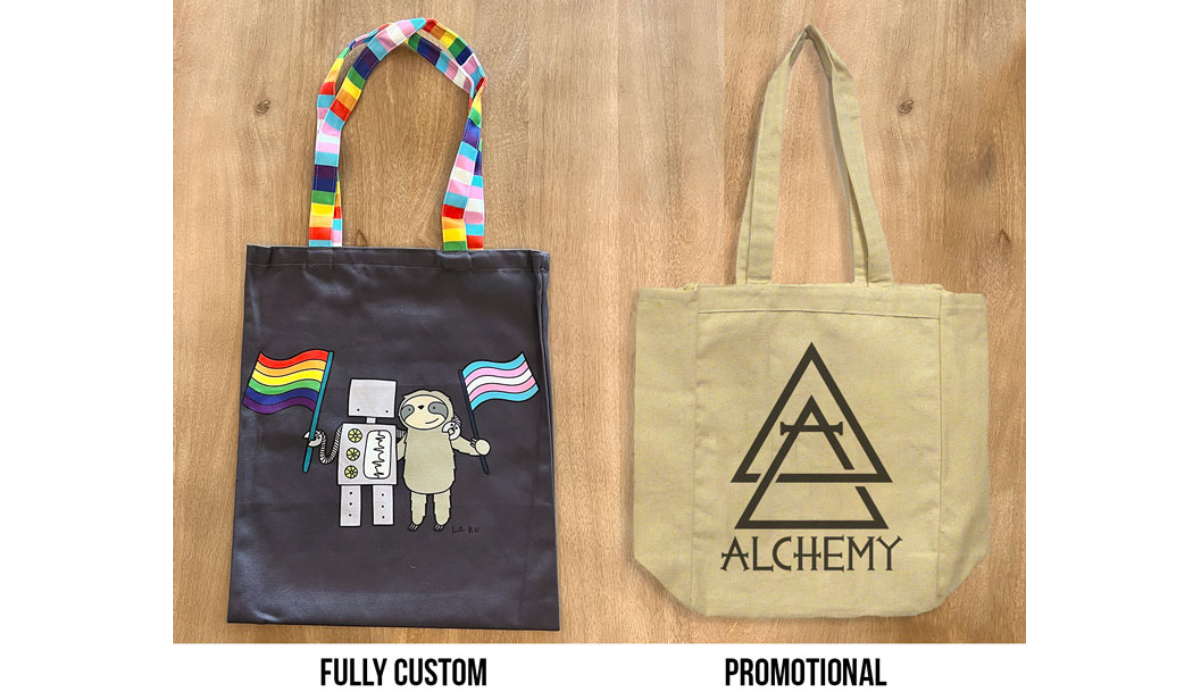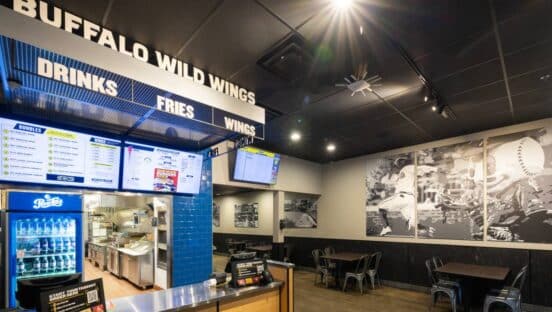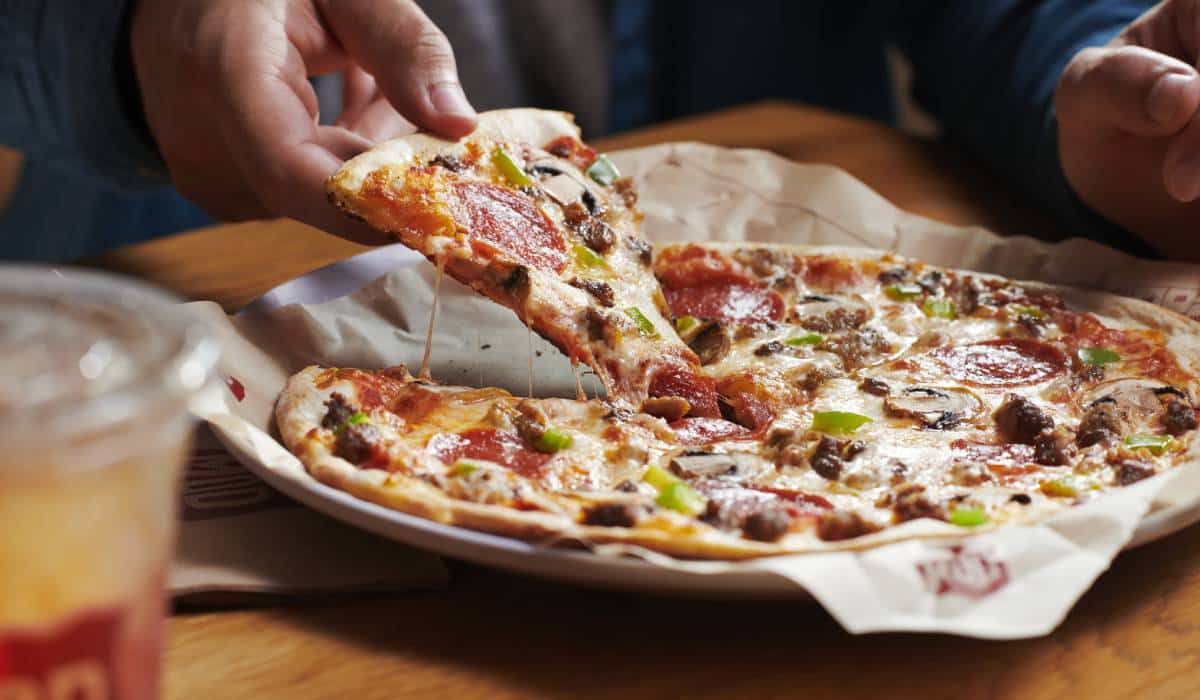Coming out of the pandemic, certain segments of the restaurant industry are seeing rocketing same-store sales growth and have cash to spend. CEOs and boards have chosen to re-invest that money in new locations and expanding territory. The biggest hill to climb? Massive lead times.
Everything from furniture to blenders have increased lead times, some up to a year, creating challenges for brands that are used to being able to offer franchisees a package of equipment that is tried and true. While manufacturing continues to come on line, they are seeing a surge in order volumes, putting increased pressure on a fragmented work force and supply chains already stretched to the breaking point.
So, then, what does this mean for the restaurant’s bottom line?
Investors will certainly worry that new store openings will be delayed beyond the year, making hitting aggressive financial targets impossible. Franchisees may also become cash strapped as they are required to put down deposits on equipment and furnishings that may not bear fruit for extended periods of time. And finally, the brands themselves may have to make hard decisions on operational efficiency and branding cohesiveness as their tried and true becomes increasingly unavailable and they have to resort to alternative sources.
The news isn’t all bleak, though. Some companies have taken advantage of the lead time issues to restructure how they are going to market and targeting new demographics. Shifting rapidly from casual dining to fast casual has led to explosive growth, without the need for all those materials that are causing the delays. Ghost kitchens and host kitchens are offering the opportunity to “borrow” equipment from an already established restaurant space, and therefore avoid the delays that come with the commercial kitchen market.
Additionally, culinarians are looking at core ingredients and determining how to do more with less. Speed scratch cooking, which was all the rage when uniformity and speed were the most important factors to consider, has given way to a return to scratch cooking as chefs need to ensure a menu that is “86” proof in a time when getting shorted on food orders from broadline distributors is the new norm. This means that operators are now stuck between a rock and a hard place as skilled labor is continually difficult to come by, but speed scratch items are shorted due to high manufacturing demands.
In order to overcome all of this, there are a couple of key strategies operators are employing:
Step one is to forecast need further out than ever before. It is no longer possible to order equipment and have it delivered within a week for a new store. The further out you can look, the easier it is to ensure what you need is what you get. Twelve months is likely not long enough. The elite are planning for the middle of 2023 right now.
Step two is to take advantage of distributors who carry stock. While manufacturers reps and dealers have been the industry standard go-tos brands are now turning to those who have warehouses and are willing to hold the stock they need, until they need it. At times, this means even going directly to the manufacturers themselves.
Step three is to take care of what you’ve got. While this doesn’t help with opening new locations, it keeps the current locations up and running longer and more efficiently. Operators are looking at ways to extend the life of their equipment, and things like their cooking oil, in order to stay “up” longer.
Finally, much like the automotive industry, the used market is seeing more demand than ever before. Unfortunately, the prices are almost the same as new at this point. Auction houses and second-hand locations can help, but it’s only a band-aid to a much bigger wound.
There will most certainly be light at the end of the tunnel, as these long lead times can’t last forever. Manufacturers are resilient and thoughtful, and there is no question they will figure out the supply chain issues.
What remains unanswered is if restaurants will hold on to their cash long enough for it to be there when the answer is found.
Brian Zeit is the Director of Sales at Kappus Company. In his role he is responsible for the sales vertical for commercial restaurants and national chains, customer experience, and relationships with manufacturer partners. He has 15+ years of leadership experience and is driving company growth through analytics and consultative sales strategy. In his free time, he enjoys spending time with his wife and two kids, eating at Cleveland Restaurants, and cooking.












